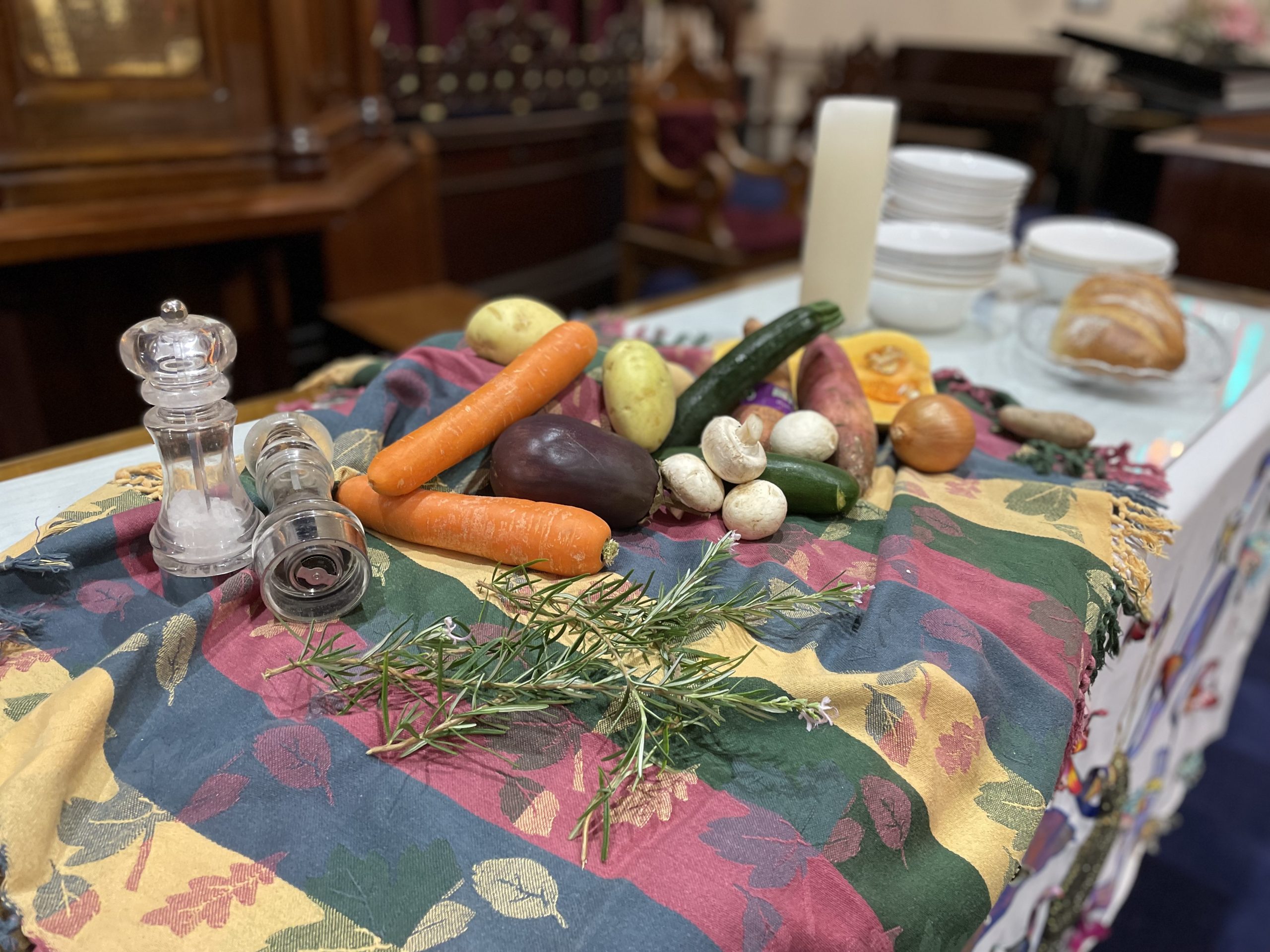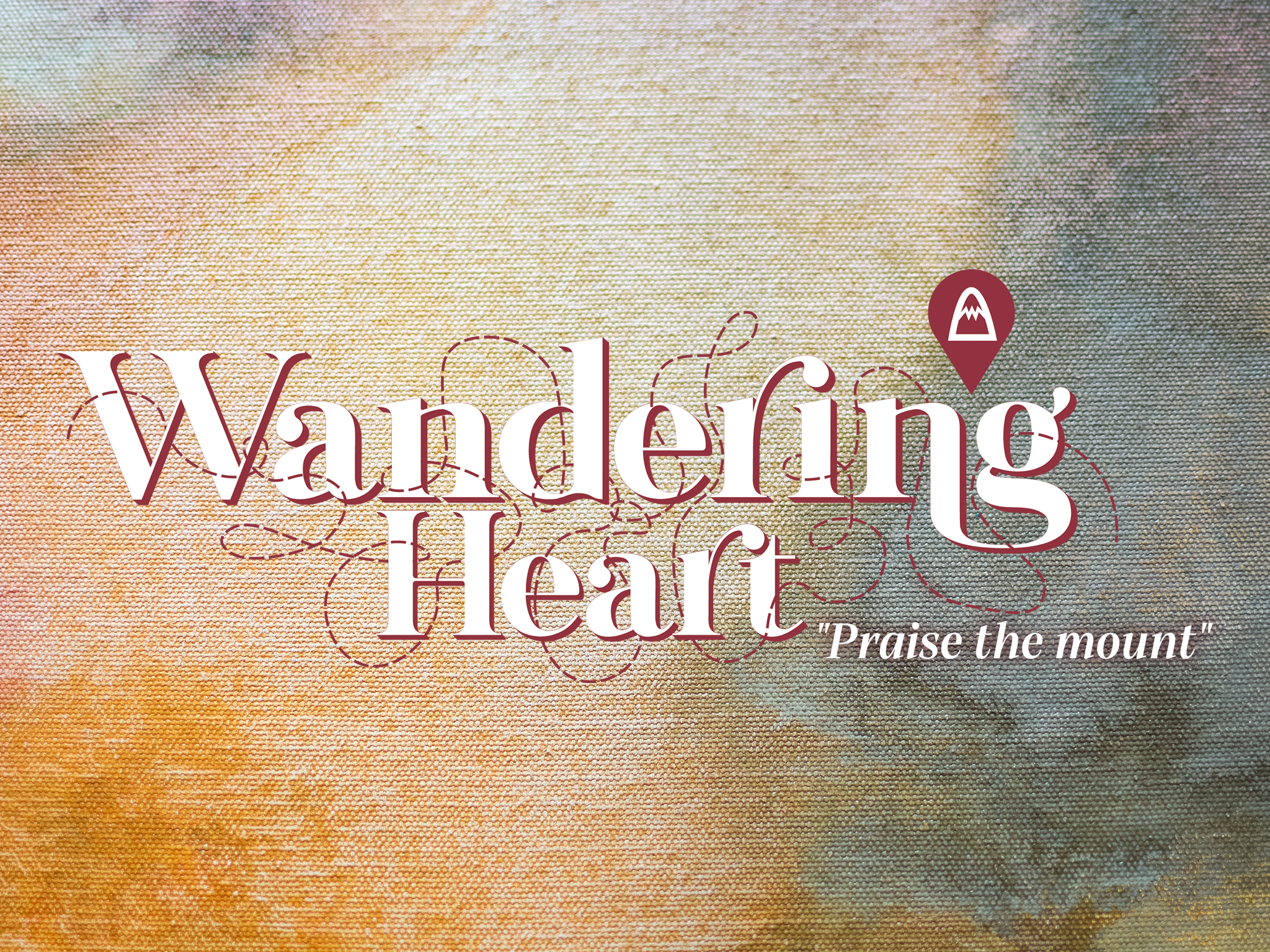Reflection for Clayton-Wesley Uniting Church, 30 April 2023
Psalm 23, John 10, and Acts 2 in conversation with Jane Austen’s Emma
Divine Care
All is ready,
the Divine host has prepared
for all our needs.Still places, thin places,
where waters flow,
wildflowers show off
the bounty, beauty
of creation: souls
restored, minds cleared,
bodies rested. The Divine
has taken such good care.Even in the dark places,
the harsh places, where
rain does not fall, where
soil cracks deep and
thirsty, Divine Comfort is,
even there: stars pierce
the night, angels’ flight
sends a breeze to ease
the mind, give body breath,
soul rest; to clear a path
of humility, of kindness.
The Divine has taken
such good care.A home awaits, feast is laid,
cups ever full, love overflowing,
mercy, goodness, showered
like oil anointing each day
of life, and here I’ll stay,
in this house the Divine
has made ready for us,
the beloved, Divinely loved.
Sarah Agnew. Pray the Story
Strawberry picking and the kin-dom of God
‘You have prepared so well for our day.’ So says Miss Woodhouse to Mr Knightly in a scene from a BBC adaptation of Jane Austen’s Emma.
Returning again to my piece, ‘Divine care’, the adaptation of Psalm 23 we heard this morning, this line came to mind for me. It happens, doesn’t it, a phrase from one work evokes a memory of a similar phrase in another.
The Divine has taken such good care.
You have prepared so well for our day.
And in the unexpected juxtaposition of two unrelated contexts, we are invited to see something new in one, or both.
Now, I am not going to compare the kin-dom of God to Georgian England. The kin-dom of God is not stratified, does not privilege the rich over the poor, the married over the single, and certainly does not subjugate women into very limited and limiting roles in life, or persons of any gender, for that matter. that is not the fulness of life for which Jesus came among us.
However, I am going to spend some time with that day for which Emma praises Mr Knightly’s good preparation, so come with me to Highbury.
Well, just outside the village, to the Estate of Donwell Abbey, home to Mr Knightly. The inner circle of the Highbury social set are picking strawberries on the estate, and a diverse circle they are. Highbury is a small village, and Emma, daughter of the other of the wealthiest gentlemen in town, has not the luxury of socialising with people of her own standing, other than Mr Knightly. So they keep Miss Bates and her mother among them, when their declining financial situation might push them out of society elsewhere. Likewise, Miss Smith, chosen by Emma to replace her governess as her particular friend when Miss Taylor becomes Mrs Weston and moves a mile down the road. Mr Weston’s estranged son, Frank Churchill, has returned, soon after another motherless child of the village, Jane Fairfax, also makes her way home. The two of them had been adopted into other families for their upbringing, father and aunt respectively unable to keep them at home. Then there’s the socially upward vicar, Mr Elton, and his new, rich, wife, Augusta. Custom dictates their inclusion, but sensibility is tested by their snobbish pretension.
When Emma comments to Mr Knightly in praise of his preparations, she has just settled her father in a salon with trinkets and curios from the collections of Donwell Abbey. ‘You know how father likes to look at your collections.’
Preparation, is to have known the people he was inviting, to have seen them, and met them as they are in order to bid them properly welcome. Mr Woodhouse looks as content here as he does at home, which he, nor Emma, rarely leave for his fear of all that can go wrong in the world beyond. But today, there is no sign of fear or anxiety: his host has made him feel safe, at home.
Miss Woodhouse seems to feel secure enough in her welcome to Donwell that she extends that welcome to others. Encountering Jane in a state of distress, Emma offers her compassion and solidarity. Later meeting Frank Churchill in a state of agitation having arrived late, Emma offers him a gentle rebuke and a cold drink, to calm him, and remind him of his welcome here.
All these people are welcomed, Augusta – and the donkey on which she insists on arriving, Miss Smith and her surprisingly engaging conversation for one of such humble education, Mr Woodhouse and his fear, Mr Churchill in his lateness. Welcomed, as they are. They’re not met with judgement. They’re not met with what they deserve, or with what their circumstance might have earned them. They are each met with the respect and care for which they are worthy, being fellow creatures.
And thus we find ourselves surprised by an Austenian evocation of the kind of realm the kin-dom of God is.
Host, home, and the ripples of welcome
Three themes emerge from the Donwell strawberry picking party and from the Psalm, Gospel, and Acts portions for today.
The first is that of the host, who prepares so well, who provides such good care. Psalm 23 and the Divine presence, protection, provision. And the second is of sanctuary. John 10 and the image of Jesus as also, like God in that well-loved Psalm, keeper of the flock with presence, protection, and provision.
Sure, at Donwell Abbey, as in the kin-dom of God, there is material abundance, an abundance of resources. But it is not the wealth, or the vastness of the estate, that is so remarkable in its abundance at Donwell. Other characters Austen writes have wealth, and not always such preparation for the sharing of it. It is the abundance of care, of love in the host at Donwell; as it is in the kin-dom of God. To have enough love to see people with honesty, and welcome them even in their offensive snobbery; even when, as it seems with Frank Churchill and Jane Fairfax, there’s a kind of veil hiding something of themselves, or with Miss Bates, there’s rather too much sharing of her life and story … To see one’s own self and the security you enjoy, and understand that it is for you to help others feel secure, it is for you to build the fence and be the gate that welcomes in the lost to keep them safe, not only you. An abundance of love.
For Holy One to see what They have created and not abandon Their creatures, but pour out Their self again and again in order to call us home, into safety. An abundance of love.
The third theme is ripples. The set up of the three portions from the Bible today shows us the ripple from God’s Divine care flowing abundantly over us, holding us safe and home, and flowing through us to be the one who welcomes others, as Emma did for Miss Fairfax, Mr Churchill, having known the deep welcome of their host Mr Knightly.
God cares. Jesus embodies. We enact, that same care that we have received.
Sometimes, as at the strawberry picking party, we will get it right. We will be open enough for love to flow through us and hold others.
Sometimes, however, we forget, we are less attentive for selfish reasons, or our own insecurities or immaturity or any number of things get in the way.
Ripples interrupted
Emma might enact the welcome she receives from Mr Knightly when he is host of the strawberry picking party, but when Emma is host of the next outing, she gets it wrong. So, very, wrong.
Rather than holding Miss Bates safe, as the host, the one with an abundance of social security, and Miss Bates ever declining in her social and financial security, Emma instead cuts Miss Bates sharply with her tongue. ‘Oh yes, but you must be sure to keep it to only three things’ Emma retorts when Miss Bates enters the game taking up the challenge to say three very silly things indeed.
Mr Knightly later rebukes Emma, and reminds her of her responsibility. They might gently sigh with indulgence in their own company at Miss Bates and her verbosity. They might comment together apart from the rest on the littleness of Mr Elton, made smaller by his wife. But as host, in the company of others of varying security, those with have a duty to protect those without.
In his letter to Rome, the apostle Paul talks of the weak and the strong. I’ve just spoken of the ones in a community who have a measure of security, and those who are less secure. In every community, some will have an abundance of means, other less. Some, an abundance of education, others less. What we are called into, in the kin-dom of God, as we see depicted in the portion from Acts, is an abandance of love, to which we all have access from our Sacred Source, and which will enable us, as it does Mr Knightly, to see those before us, as they are, as they each have need. And we bid each other welcome by preparing well to meet what needs we encounter.
Let Divine welcome flow
None of us must, nor can we, meet every need ourselves. That is the beauty of community. Holding our resources together doesn’t mean it’s a common kitty to which anyone can have access all the time. I think it means each member of the community takes a posture of readiness to meet what need they can with what resources they have to share. It’s a common posture, attitude, ethos. Putting all we each are and have at the disposal of our community, of our neighbour, of love.
And we can take such a posture, practice such an ethos, of abundance in love and care, when we rest, like the sheep, like the psalmist, in the deepest abundance that is Holy One, Their presence, Their protection, Their provision.
When we are open to the gift that is radical welcome, we, like Emma at the strawberry party, may let that welcome ripple through us, gift of life and healing to others.
May we, the Uniting Church, wherever we are embodied, be known for preparing well for each other, forbearing witness in our love to the Divine, who takes such good care.
Amen





Leave A Comment